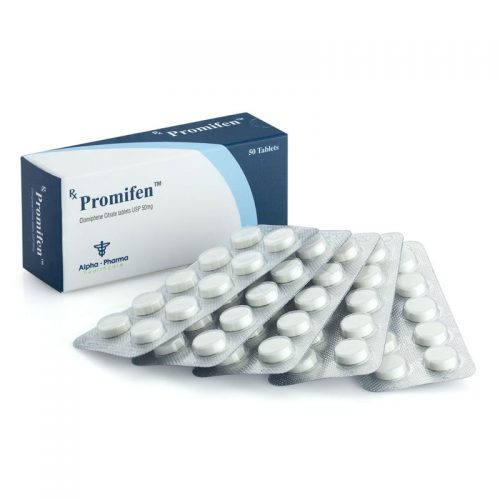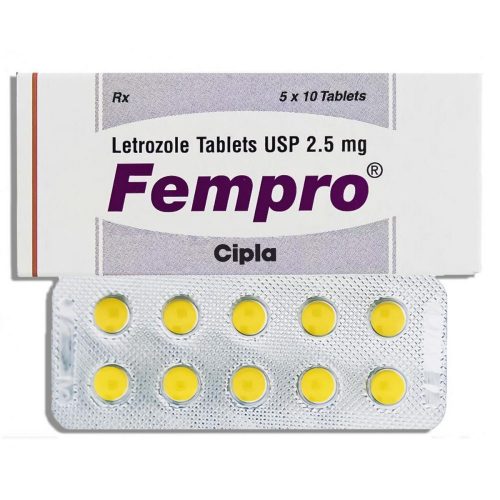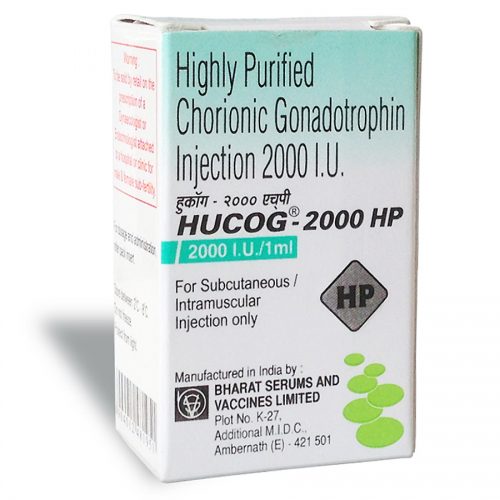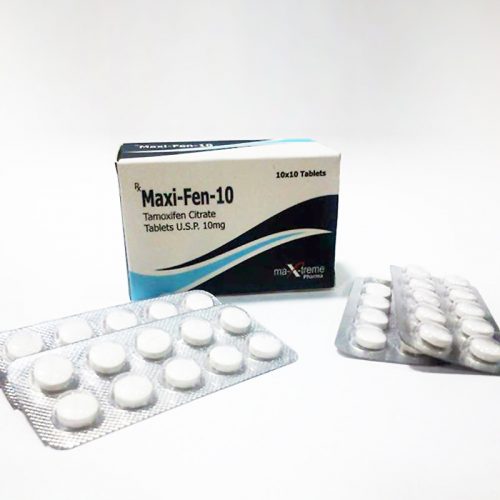-
 BUY CLOMID
BUY CLOMIDClomid for women
Clomid (Clomiphene citrate) works by stimulating the hormones in women brain that trigger an egg (or several) to develop and be released from ovaries.
Clomid is the most widely used fertility drug. -
 BUY TAMOXIFEN
BUY TAMOXIFENTamoxifen for sale
Tamoxifen is used to treat infertility in women with anovulatory disorders. It is given at days 3-7 of a woman's cycle.
Tamoxifen did eventually receive marketing approval as a fertility treatment. -
 HCG INJECTION FOR SALE
HCG INJECTION FOR SALEHCG injections (gonadotropins)
Human chorionic gonadotropin (HCG or hCG) in a low dose, may be injected after completed ovarian stimulation.
Ovulation will occur between 38 and 40 hours after a single HCG injection. -
 BUY FEMARA
BUY FEMARAFemara (Letrozole)
In a multi-center study funded by the National Institute of Child Health and Development, ovarian stimulation with letrozole resulted in a significantly lower frequency of multiple gestation (i.e., twins or triplets) but also a lower frequency of live birth, as compared with gonadotropin but not with clomiphene.
Fertility drugs are drugs which enhance reproductive fertility. For women, fertility medication is used to stimulate follicle development of the ovary.
Fertility drugs for women
Agents that enhance ovarian activity can be classified as either Gonadotropin releasing hormone, Estrogen antagonists (fertility medication inhibiting the effects of estrogen includes Clomiphene and Aromatase inhibitors, which can also work as fertility medication, probably through a mechanism similar to clomiphene) or Gonadotropins.
Clomid
Clomiphene (trademarked as Clomid) is a selective estrogen receptor modulator (SERM). Clomiphene is the most widely used fertility drug. It is used as an ovarian stimulator by inhibiting the negative feedback of estrogen at the hypothalamus. As the negative feedback of estrogen is inhibited, the hypothalamus secretes GnRh which in turn stimulates the anterior pituitary to secrete LH and FSH which help in ovulation.
Gonadotropins
Human chorionic gonadotropin (hCG) is normally produced during pregnancy. However, it can also replace LH as an ovulation inducer.
Human Menopausal Gonadotrophin (hMG) is a medication containing a follicle-stimulating hormone (FSH) and a lutenizing hormone (LH).
Estrogen antagonists and gonadotropins may stimulate multiple follicles and other ovarian hormones leading to multiple birth and possible ovarian hyperstimulation syndrome.
The chance of a successful pregnancy depends on the cause of infertility
Speak with a physician after one year of unsuccessfully trying to conceive. More than half of couples who seek infertility treatments eventually become pregnant.



